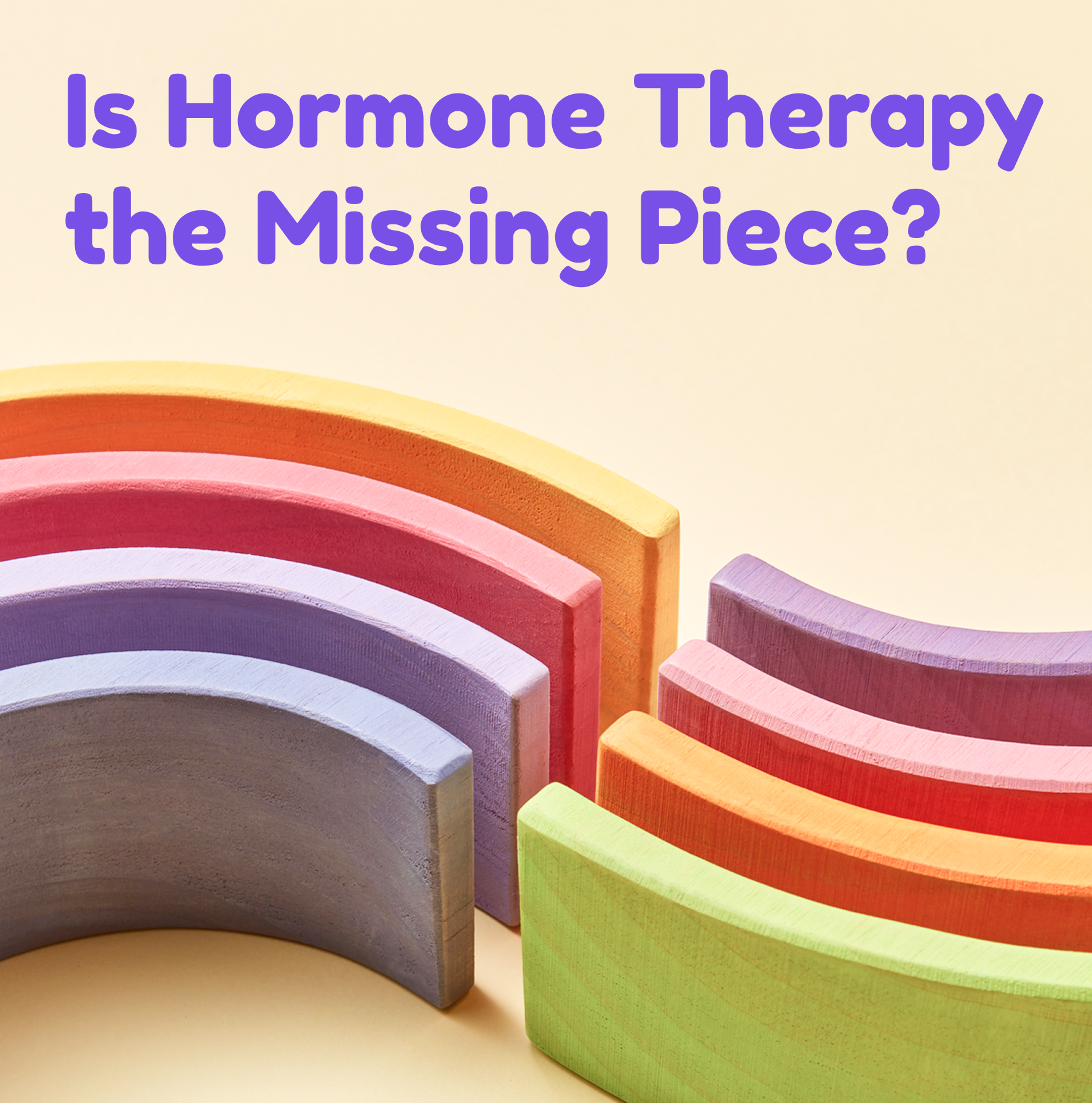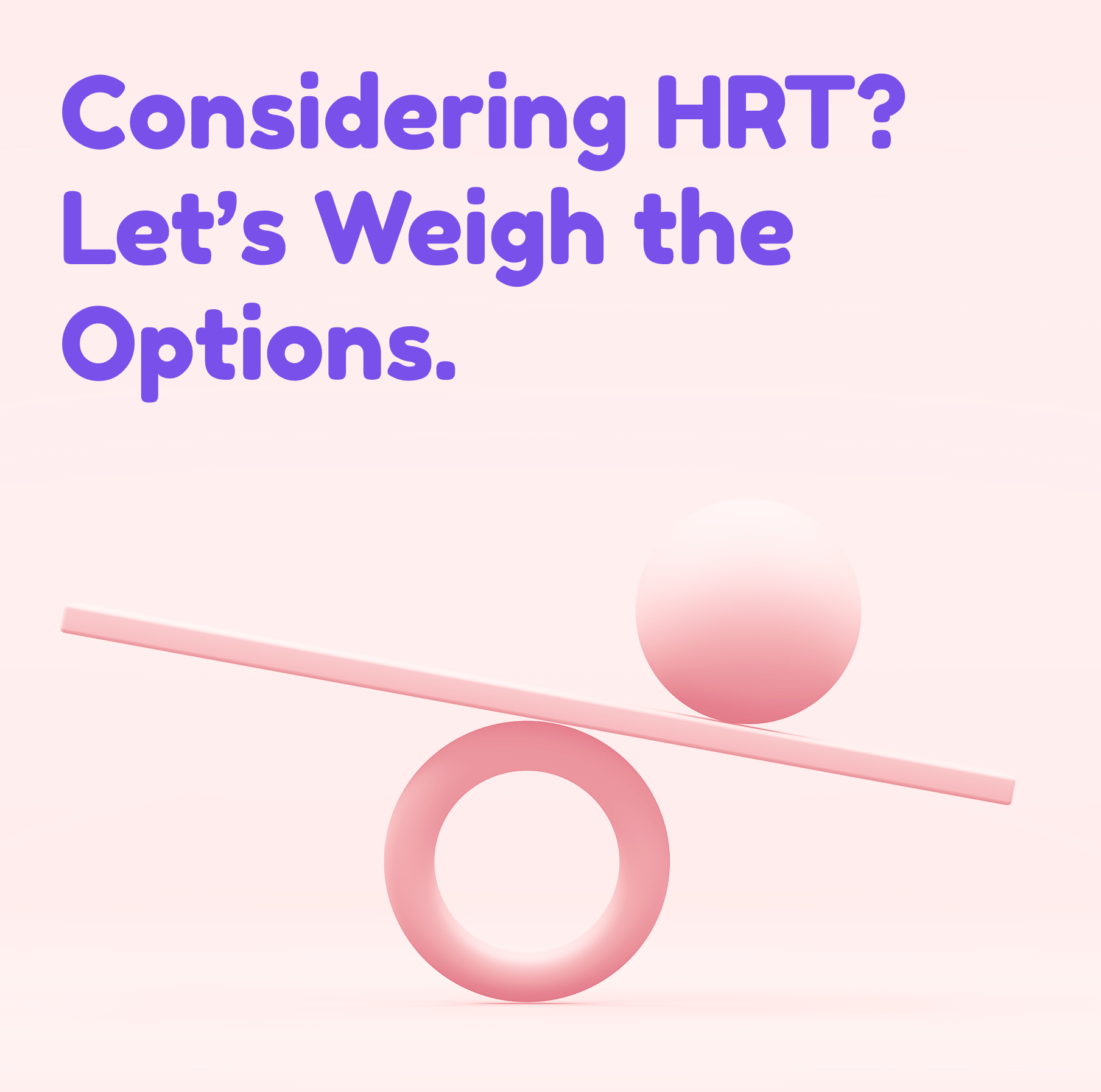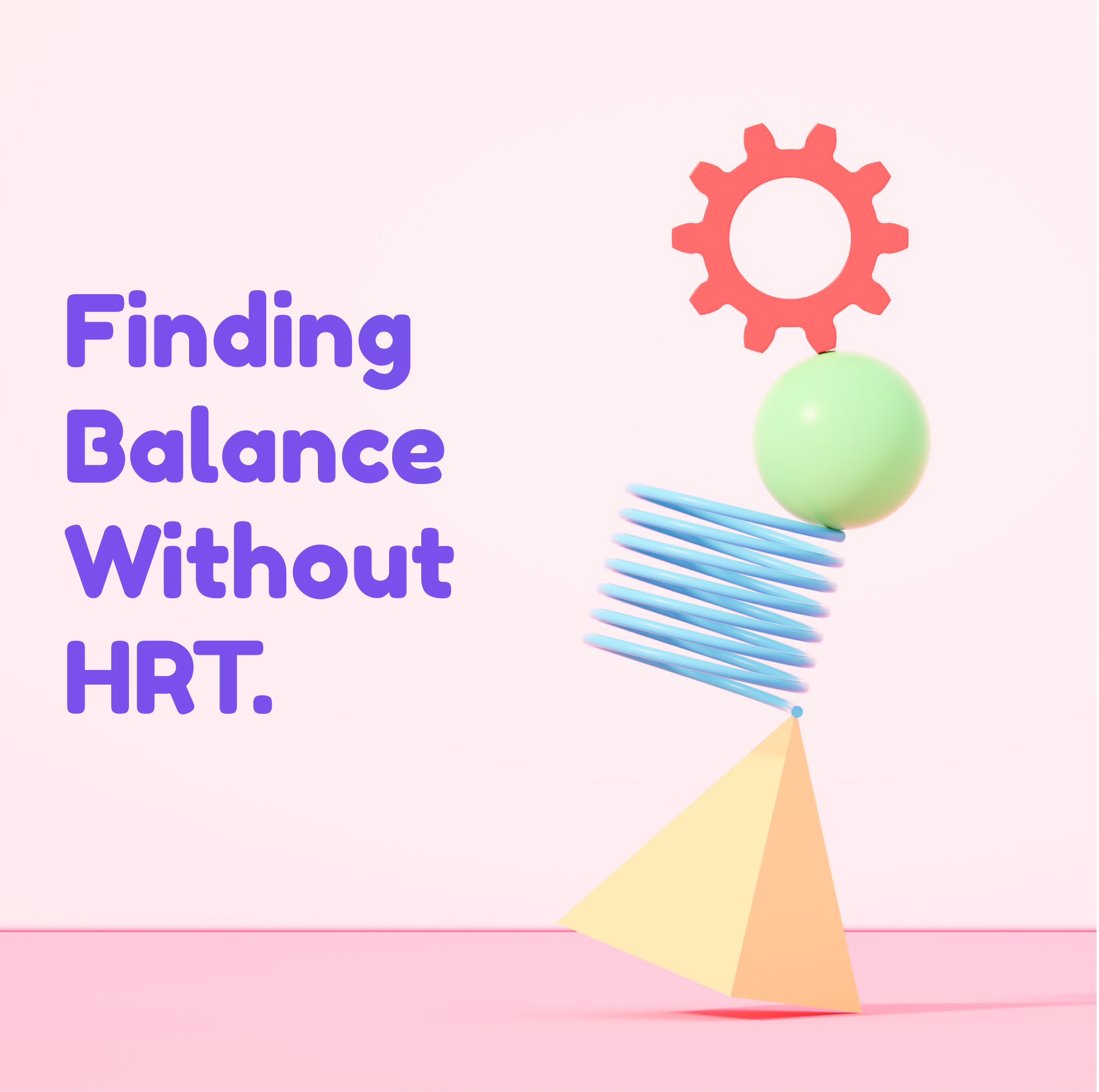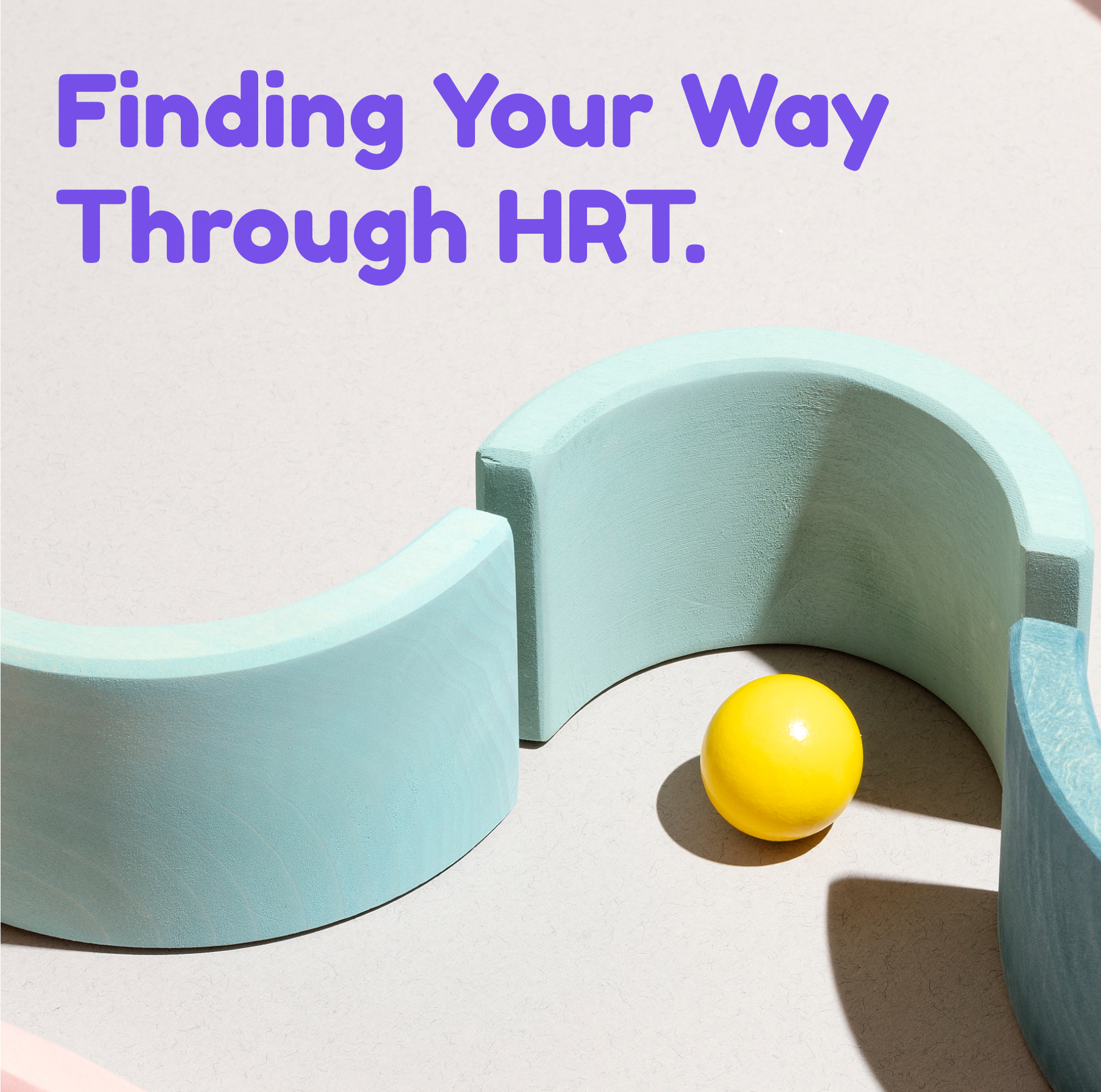
Menopause Hormone Therapy: Is It Right for You?
Menopause is a natural transition that every woman experiences, yet it can feel like an unexpected detour in the journey of life. Many of us remember the days when sudden hot flashes, night sweats, or even an unexplained bout of mood swings would catch us off guard. If you’ve ever wondered, “menopause hormone therapy is it right for you?” you’re not alone. In this article, we explore what hormone therapy entails, its benefits and risks, and share practical tips—all in a sympathetic, conversational tone that recognizes your unique experience.
Got questions? Ask Noor.
A Relatable Start: When Life Throws You a Curveball
Imagine waking up on a warm summer morning only to be hit by a sudden wave of heat—as if you’d stepped into a mini tropical sauna in your own bedroom. This isn’t just a quirky moment; it’s a common scenario for many women during menopause. The symptoms—hot flashes, night sweats, and even vaginal dryness—can disrupt sleep and affect your overall quality of life. Yet, beyond these challenges, there’s hope. Modern treatments, including hormone replacement therapy (often known as HRT or MHT for menopausal hormone therapy), offer ways to treat menopause symptoms so that you can feel like yourself again.
Understanding Menopause: More Than Just Hot Flashes
Menopause marks the end of your reproductive years, typically occurring between the ages of 45 and 55. During this time, the body undergoes significant changes due to a decline in estrogen and progesterone. These hormonal shifts can cause:
- Hot flashes and night sweats: Sudden bursts of heat and sweating that can disturb your sleep.
- Vaginal dryness: Leading to discomfort during intimacy.
- Mood changes: Including irritability or feelings of sadness.
- Sleep disturbances: Resulting in tired, unfocused days.
Each woman’s journey is unique. Some experience minimal disruption, while others find these symptoms significantly affecting their day-to-day life. It’s important to remember that while menopause is a universal experience, the way it unfolds is as individual as you are.
What Is Hormone Therapy?
Hormone therapy—sometimes called hormone replacement therapy (HRT)—is a treatment designed to replace the hormones your body no longer makes in sufficient amounts. It comes in various forms: pills, patches, creams, gels, and even vaginal rings, and more. The primary goal is to treat menopause symptoms effectively, such as: Reducing hot flashes and night sweats, Alleviating vaginal dryness, Enhancing overall quality of life. By restoring some of the estrogen and progesterone levels, hormone therapy can not only ease symptoms but also help maintain bone health and protect against osteoporosis.
Diet and Exercise
Balanced Diet: Eating a nutritious diet can help stabilize your hormone levels. Focus on a diet rich in fruits, vegetables, high quality proteins, and healthy fats. Minimize refined carbohydrates like white flours and sugar. Calcium and vitamin D are particularly important for bone health, reducing the risk of osteoporosis.
Avoiding Triggers: Spicy foods, caffeine, and alcohol may exacerbate hot flashes and night sweats. Keeping a food diary can help you identify and avoid personal triggers.
Regular Exercise: Physical activity not only boosts mood and energy levels but also helps maintain a healthy weight. Aim for a mix of cardiovascular exercises, strength training, and flexibility workouts. This can be especially helpful as weight gain can be a common issue during menopause.
Weighing the Benefits and Risks
As with any treatment, hormone therapy comes with its own set of benefits and risks. The key is to have an open discussion with your healthcare provider about your medical history and personal needs. Here are some points to consider:
Benefits
Effective Symptom Relief: Hormone replacement therapy HRT is renowned for its ability to treat menopause symptoms such as hot flashes, night sweats, and vaginal dryness.
Bone Health: HRT can help protect against osteoporosis—a common concern as estrogen levels fall.
Improved Quality of Life: Many women find that the therapy not only reduces physical symptoms but also stabilizes mood and improves sleep.
Risks and Considerations
Medical History Matters: Your personal medical history—including a history of blood clots, liver disease, or breast cancer, or cardiovascular risk—plays a crucial role in determining if hormone therapy is safe for you.
Age Factors: Starting hormone therapy before age 60 or within 10 years of menopause tends to offer more preventive health benefits, whereas initiating it later might increase the risk of heart disease or stroke. Side Effects: Some women may experience side effects like breast tenderness or mild nausea. While these side effects are usually temporary, they should be discussed with your healthcare provider.
Delivery Methods: The method of delivery (pills, patches, or creams) can affect risks. For example, transdermal patches might reduce the risk of blood clots compared to oral pills.
Balancing these benefits and risks is essential. Often, the benefits and risks for hormone therapy are a matter of weighing the relief from troublesome symptoms against the potential for increased risk—such as the risk of breast or endometrial cancer—especially with prolonged use.
Is Hormone Therapy Right for You?
The decision to begin hormone therapy is highly personal. Here are some questions to ask yourself and discuss with your doctor: How severe are my symptoms of menopause? If hot flashes and night sweats disrupt your sleep and daily activities, treatment options might be worth exploring. What is my medical history? A thorough review can help determine if the benefits of HRT outweigh the risks for you. Am I within 10 years of menopause? Starting treatment earlier can be more beneficial than later in life. What delivery method suits my lifestyle? Whether you prefer pills, patches, or creams can also affect the overall impact on your body.
Common Concerns Addressed
It’s normal to have concerns about starting hormone therapy. Here are some of the most common questions and issues women raise: Will hormone therapy increase the risk of breast cancer? Studies suggest that for most women, when used appropriately and within recommended guidelines, the benefits often outweigh the risks. However, if you have a personal or family history of breast cancer, a careful evaluation is necessary.
What about side effects? Side effects can include mild discomforts like headaches or breast tenderness. In many cases, these symptoms subside over time or can be managed by adjusting the dosage or form of therapy—such as switching from pills to patches. Can hormone therapy improve my quality of life? For many women, the improvement in sleep, mood, and overall comfort during the menopausal transition is life-changing. It’s not just about treating symptoms—it’s about regaining a sense of well-being and confidence.
Practical Tips for Managing Menopause Symptoms
Even if hormone therapy sounds like a viable option, there are other strategies to complement treatment and enhance your overall quality of life. Consider these practical tips: Maintain a Healthy Diet: Focus on nutrient-rich foods that support bone health and reduce inflammation. Stay Active: Regular physical activity—such as walking, yoga, or swimming—can help manage weight and improve mood. Manage Stress: Techniques like meditation, deep breathing, or engaging in a favorite hobby can reduce stress and help manage symptoms. Improve Sleep Hygiene: Create a cool, dark sleeping environment and establish a calming bedtime routine to mitigate the effects of hot flashes and night sweats. Stay Informed: Keep up with the latest recommendations from trusted health organizations and discuss new findings with your healthcare provider. Your medical history and unique situation will guide the best approach for you.
Lifestyle, Medical Options, and the Road Ahead
Remember, menopause is a chapter in your life’s story—not the end of it. While hormone therapy is one tool to reduce symptoms and improve quality of life, it’s not a one-size-fits-all solution. The decision to use HRT should be part of a broader discussion that includes lifestyle changes, nonhormonal options, and your overall personal goals. Consider keeping a symptom diary to track how you feel over time. Noting any improvements or changes after starting a new treatment or making lifestyle adjustments can provide valuable insights during your appointments, helping tailor your treatment plan to what works best for you.
Embracing the Transition with Confidence
Menopause may bring challenges, but it also offers an opportunity to reconnect with yourself. It’s a time to focus on your health and embrace change with compassion. Even as you weigh the benefits and risks of hormone therapy, remember that your experience is unique, and the right decision is the one that best supports your physical, emotional, and mental well-being. Taking proactive steps—whether through hormone therapy, lifestyle adjustments, or a combination of both—can empower you to navigate this transition with resilience and optimism. Every phase of life comes with its own strengths and surprises, and by staying informed and open to exploring different solutions, you’re taking charge of your journey.
Final Thoughts
In the end, the question, “menopause hormone therapy is it right for you?” is deeply personal. With the right information, a supportive healthcare provider, and a clear understanding of both benefits and risks, you can make an empowered decision. Embrace this natural transition, and remember that a lighter, more balanced future is well within reach. Menopause isn’t just about managing symptoms—it’s about enhancing your quality of life and celebrating your strength.
Whether you choose hormone therapy or other supportive measures, take heart in knowing that you’re not alone on this journey. Your experience, your body, and your choices all matter as you move forward with confidence. Here’s to a future where every hot flash is just a small bump on the road to renewed vitality and joy!



